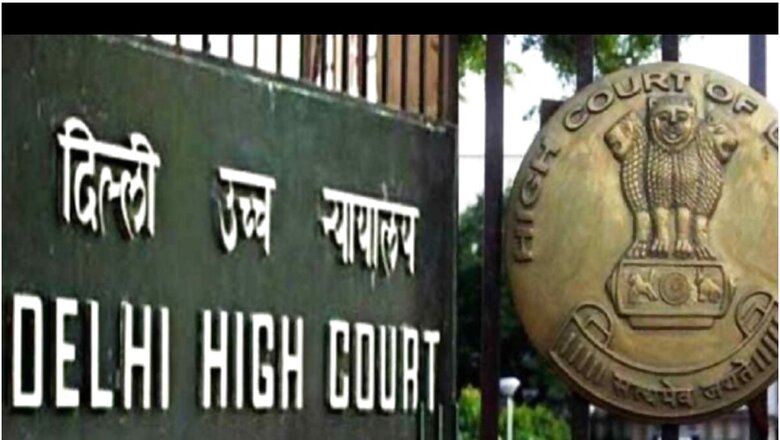Maintenance Under Domestic Violence Act Should Uplift Victims, Not Send Aggressors to Jail: Delhi HC

views
In a recent ruling, the Delhi High Court stressed that the purpose of maintenance under the Protection of Women from the Domestic Violence Act (DV Act) is to uplift victims rather than imprison those failing to pay maintenance.
The court made this observation while determining that individuals cannot be summoned under Section 31 of the DV Act for non-compliance with maintenance orders issued under Section 20 of the Act.
The bench of Justice Swarana Kanta Sharma explained that Section 31 of the DV Act specifically addresses breaches of “protection orders”, which differ from the “monetary” relief provided for maintenance under Section 20.
The court firmly asserted that a person cannot be summoned by a criminal court under Section 31 for non-compliance with monetary orders, such as those for payment of maintenance.
“The court is of the view that a person cannot be summoned (by a criminal court) under Section 31 of PWDV Act for non-compliance of monetary order, such as an order for payment of maintenance passed under Section 20 of PWDV Act,” the judge said.
The single-judge bench underscored that the DV Act’s primary objective is to offer protection, rehabilitation, and uplifting the victims of domestic violence rather than incarcerating the alleged aggressors.
“The aim of the Act was, therefore, to provide for the protection, rehabilitation, and uplifting the victims of domestic violence in contrast to sending the aggressor to prisons. In other words, the purpose behind the enforcement of monetary orders would be to provide monetary sustenance to the victim, and not the incarceration of the aggressor. The idea is not to immediately initiate criminal proceedings against the aggressor, i.e., the respondent, as defined in the Act for non-payment of maintenance, and to send such person to prison forthwith,” the court said in its order dated December 1.
The court clarified that enforcing monetary orders aims to provide financial support to the victim, not to immediately initiate criminal proceedings against the respondent for non-payment. The ruling said alternative remedies available for failure to pay monetary relief or maintenance under the DV Act.
For salaried individuals or those owed money, the court noted that relief could be recovered from employers or debtors. In other cases, the aggrieved person is expected to pursue remedies under the Code of Criminal Procedure (CrPC).
The court quashed a March 2019 order summoning a man under Section 31(1) of the DV Act for allegedly failing to pay interim maintenance to his estranged wife.
The petitioner argued that Section 31 does not encompass violations related to monetary relief, and the court agreed, stressing that Section 31 exclusively deals with breaches of protection orders or interim protection orders, not orders granting maintenance or monetary relief.



















Comments
0 comment